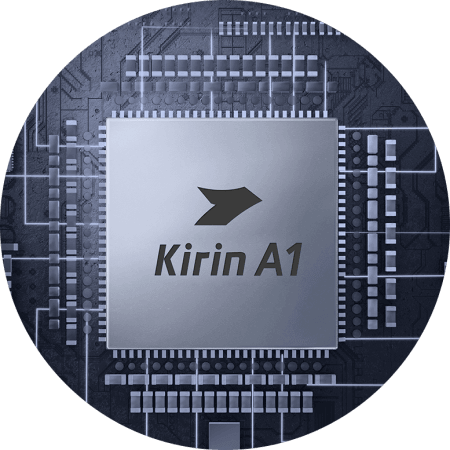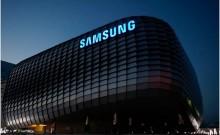As consumers gain interest in wearables, more and more brands and joining the bandwagon. From premium brands like Apple to affordable ones like Xiaomi, they've all made a significant difference in the wearables field and one brand that has been consistent with its efforts in the field is Huawei.
At an exclusive press briefing, Huawei revealed that a bunch of wearables powered by its all-new Kirin A1 chipset are coming to India soon. The company talked about the capabilities of its new chipset designed exclusively for wearables, including earphones, smartwatches and smart glasses.
Kirin A1, which is a result of $13.5 billion worth investment in R&D last year, unlocks new potential for wearable devices. The Huawei Watch GT 2 and FreeBuds 3 are powered by Kirin A1. But don't be fooled by the tiny size of the wearable chipset.
Huawei claims Kirin A1 is the first to support Bluetooth 5.1 and Bluetooth 5.1 LE, which supports low power consumption. Kirin A1 is both powerful and efficient and it packs a powerful audio processing unit, an ultra-low-power application processor and an independent power management unit. For instance, the new Watch GT 2 is expected to have 2-week battery life, which is great for a flagship smartwatch.

"The Kirin A1 is a very powerful chipset and is anticipated to bring in a paradigm shift in India's wearable market. In line with our legacy of eliminating consumer pain points- Products powered by this chipset will provide unparalleled performance, power efficiency and connectivity".
Huawei boasts its Kirin A1 chip has Cortex-M7 processor with a maximum energy consumption rate of 10uA/MHz, challenging the industry standard of 30uA/MHZ mark. The Cortex M7 processor has powerful multi-sensors for accurate body recognition and monitoring capabilities. The chipset has a maximum frequency of 200MHz, making it an ideal choice for professional athletes, marathons and more.
Huawei explained its proprietary dual-channel synchronous transmission technology, which strikes the perfect balance between latency and power consumption.

Gamers often experience latency while playing games using wireless headphones and it is with Kirin A1 that Huawei is addressing the irksome pain point. In addition, the chipset has Bluetooth Ultra HD codecs that ensure you are always connected, offering a maximum bandwidth of 6.5Mbps. Huawei also said that the chipset is capable of delivering high-quality audio streaming with transmission throughput speeds of 2.7Mbps.
Huawei's Kirin A1 is also proof that it can survive without Qualcomm and Google, both US companies banned from doing business with the Chinese tech giant. While we expect to see Kirin A1-powered products in India by the end of this year, there's still no word on Huawei phones coming outside China.

















